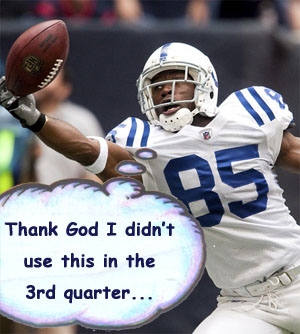So cantrips =/= at-will powers despite being able to use them...at will.
And standard caster spell slots =/= daily powers despite being able to use them...wait for it...once per day.
That's certainly a take.
I mean, I did literally go into the exact reasons for that, in a post that was generally well-received by most people, even those I often disagree with. Instead of just dismissing the argument out of hand, you
could dig deeper and ask how and why someone could come to that conclusion, given that there
are similarities between these mechanics.
I don't know anything about 4e more or less, was thinking of 5e examples (i.e. battlemaster).
If I were to invent a mechanic in b/x, I might say that if a trained fighter hits they can make a 1 in 6 chance to also trip (or 2 in 6, or a %, or whatever). As you mention, that's also abstract for the purpose of it actually being a game, but somehow I find it easier to connect back to the fiction?
That's fair, though a big part of the problem is simply the randomness. Being at the mercy of the dice as to whether you get your class fantasy is pretty disappointing in modern game design. In old-school games, "class fantasy" was handled dramatically differently (a mixture of behind-the-scenes elements and only having a small number of classes to begin with). Modern games with an old-school lean, such as Dungeon World, tend to do this by making strongly-thematic fundamental moves that are expected to show up a lot, e.g. the Fighter's
Bend Bars, Lift Gates move or the Paladin's
I Am The Law move. IOW: While your idea is sound in the context of proper old-school gaming (as in, not
inspired by, but rather the real deal or emulating it as close as possible), in practice with today's games and gamers it probably wouldn't be received well.
To use a highly simplified analogy: Imagine if you had to roll a die just to find out if you were
allowed to make attack rolls this turn, or carry heavy equipment this adventure, or whatever else. Whether or not it feels connected back to the fiction, having your "special thing" be gated behind the whims of the dice does not, in general, feel super engaging for a lot of folks today.
Short rests did solve one particular problem in 4e though (although 13th Age's escalation die may be a better solution).
That was that the encounter powers often led to fights getting quite repetitive. There was pretty much little good reason to hold back on using your best powers right away and then cycling through them in order every time. Short rests in 5e basically stop the Fighter from opening every fight with an Action Surge. It encourages the Fighter to hold back and consider whether it's worth using this fight or holding off for a later one.
In theory, this was supposed to be alleviated by replacing your Encounter powers every few levels, but yes, I grant that. I
massively prefer the 13th Age solution though. It's significantly more user-friendly game design to
create incentive to hold onto your strong tools, rather than to
not let you have those tools. (Particularly when other and far less potent tools are also shackled to those limits, like Expertise Dice or Ki points.)



